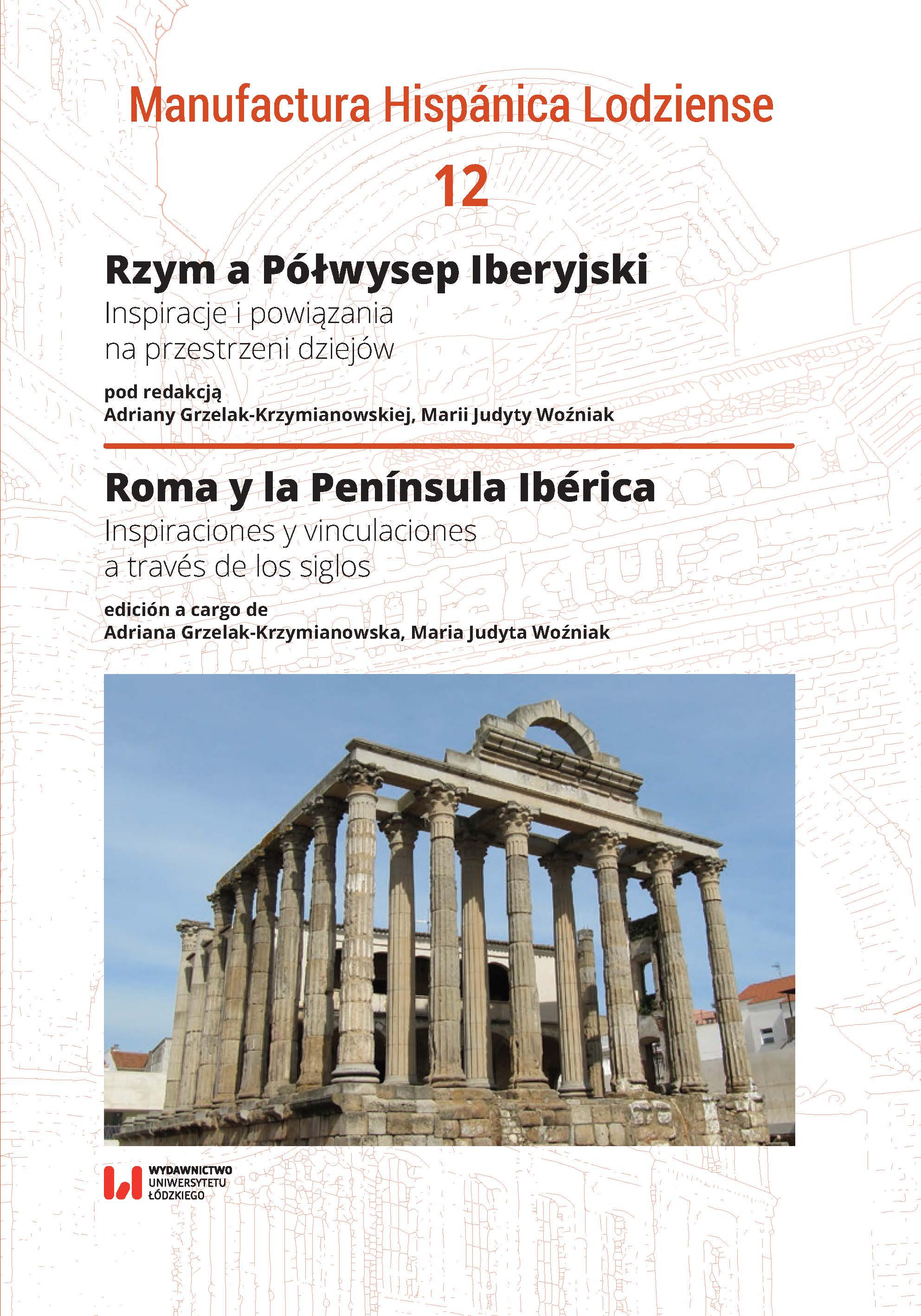On the Seviri Augustales as Agents of Romanity in Hispania
On the Seviri Augustales as Agents of Romanity in Hispania
Author(s): Alberto Barrón Ruiz de la Cuesta
Subject(s): History, Cultural history, Ancient World, Theology and Religion
Published by: Wydawnictwo Uniwersytetu Łódzkiego
Keywords: seviri Augustales; Romanitas; Latin Epigraphy; Hispania; Roman Spain
Summary/Abstract: This chapter analyses the general features of the seviratus Augustalis, its territorial presence and continuity in the Roman Empire, and its influence in the spreading of the cultural and religious Roman customs in Hispania, through the study of its preserved epigraphic sources. The seviratus Augustalis was especially developed in the Western towns of the Empire, it lasted from the 1st to the 3rd century AD, and it was a semi-official institution mainly held by wealthy freedmen looking for social recognition. Despite the unresolved debate about its concrete function, the numerous preserved inscriptions in relation to the Augustality provide important information about the religious and munificent actions of its members. From the study of the existing epi¬graphic inscriptions in Hispania, we will demonstrate the role played by the seviri Augustales as promoters of Romanity, based on elements such as the worship of Roman deities, the connection of different gods with the emperor, the diffusion of Latin onomastics, the adoption of Roman magistracies and the imitation of the local Romanised elites. Consequently, this position created in Italy worked in Hispania as a diffusor of the Roman religion and the Roman social order, promoting the consolidation of the imperial regime in the provinces.
- Page Range: 251-277
- Page Count: 17
- Publication Year: 2021
- Language: English
- Content File-PDF

